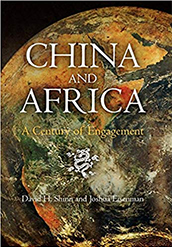We Will Be Haunted By Syria
"Life," the philosopher Soren Kierkegaard said, "must be lived forward, but can only be understood backwards."
What's true of individuals is true of nations. As we, as a nation, look back in an effort to understand our history, we invariably question some of the decisions we made -- and the horror we tolerated.
